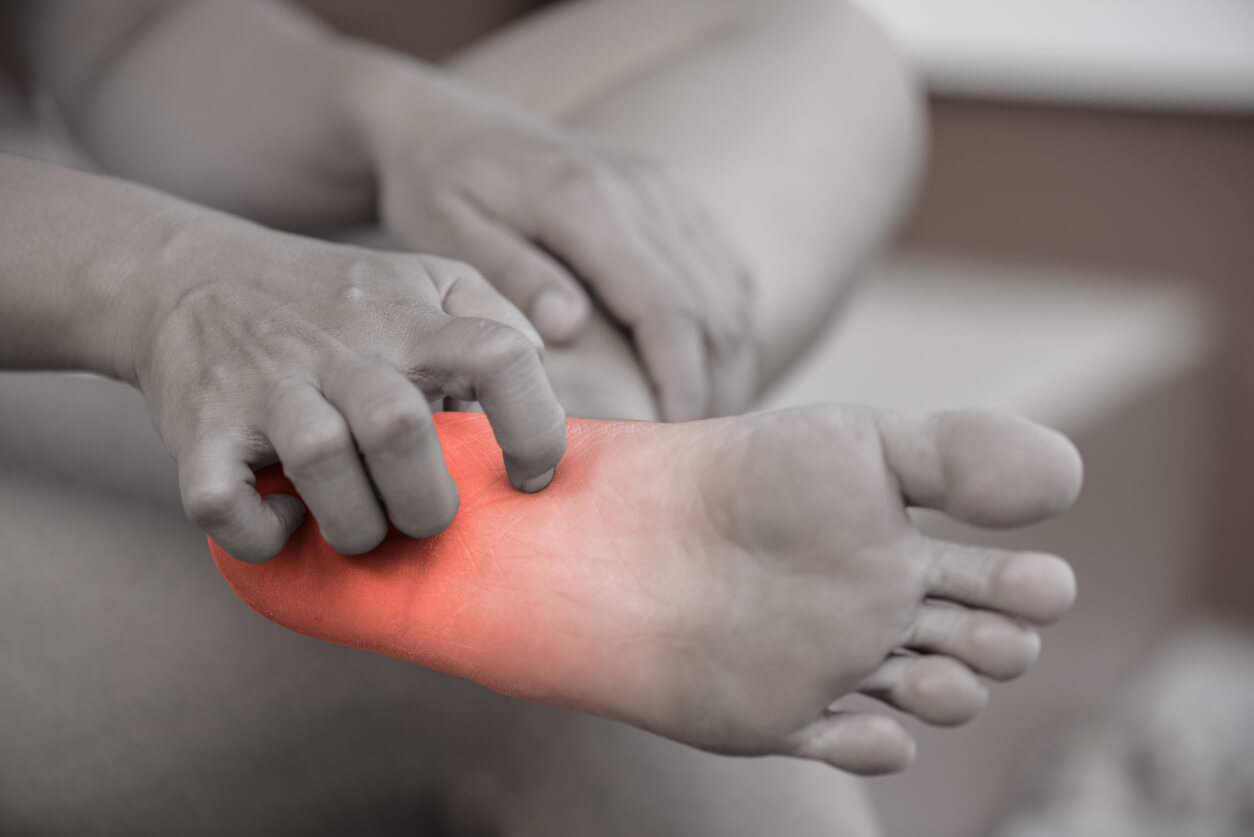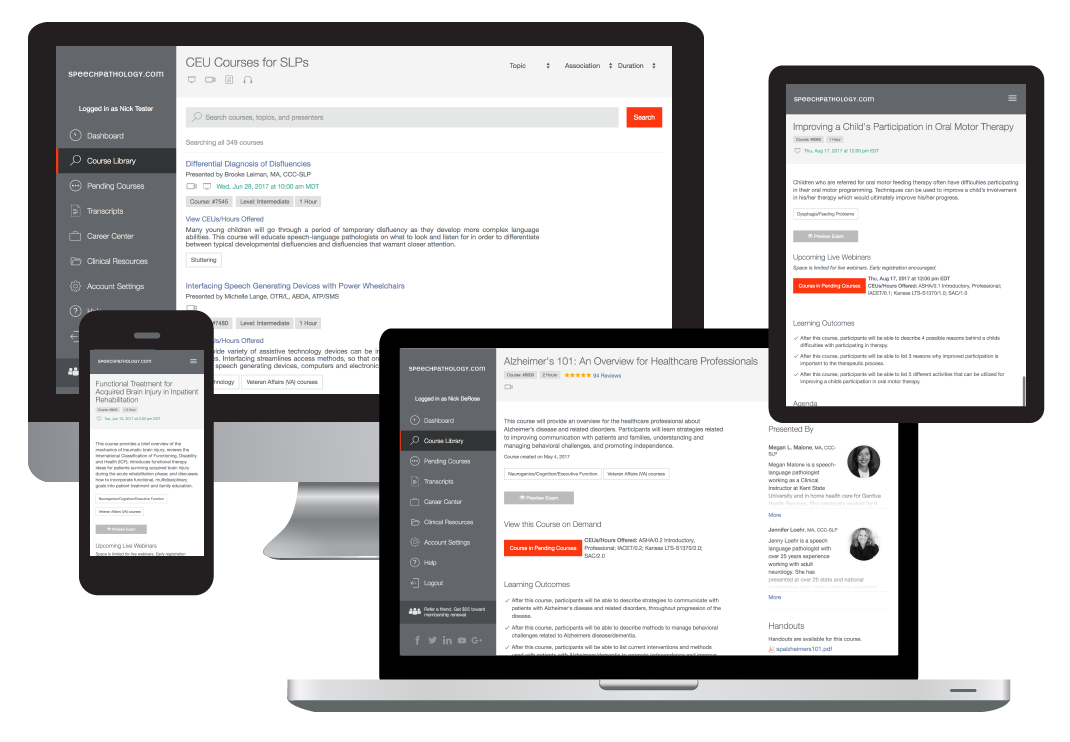Digestive health is crucial to maintaining overall well-being, and understanding how to care for your colon is a vital part of that. PulseColon Care Advice provides a holistic approach that can enhance your digestive health, reduce risks of digestive issues, and improve your overall quality of life. In this article, we’ll dive into the importance of digestive health, PulseColon’s unique care advice, and how you can implement simple lifestyle changes to keep your digestive system functioning optimally.
The Importance of Digestive Health
Your digestive system plays a critical role in your body’s overall function. It processes the food you eat, absorbs nutrients, and eliminates waste. A well-functioning digestive system is essential for a healthy immune system, good mental health, and the proper absorption of nutrients. When your digestive system is out of balance, it can lead to various issues such as bloating, constipation, indigestion, and even more serious conditions like Crohn’s disease, irritable bowel syndrome (IBS), or colorectal cancer.
The foundation of good digestive health begins with the colon, the final stage of the digestive tract. Caring for your colon is essential for preventing common issues like constipation, diverticulitis, and colon cancer. PulseColon Care Advice offers a preventative and proactive approach to maintaining optimal digestive health, helping individuals avoid digestive diseases before they become severe.
PulseColon Care Advice: Key Tips for a Healthy Colon
PulseColon Care Advice is based on scientifically backed methods that combine diet, exercise, stress management, and regular checkups to promote a healthy colon. By following these guidelines, you can reduce the risk of digestive issues and improve your overall well-being.
1. Adopt a Fiber-Rich Diet
Diet is one of the most critical factors in maintaining a healthy digestive system. A high-fiber diet is essential for keeping the colon functioning properly. Fiber plays an important role in the digestion process by helping food move through the digestive tract, preventing constipation, and promoting healthy bowel movements.

There are two types of dietary fiber: soluble fiber and insoluble fiber. Soluble fiber dissolves in water and helps absorb nutrients, while insoluble fiber adds bulk to stool, making it easier to pass through the intestines. A diet rich in both types of fiber is recommended for optimal digestive health. Foods such as fruits, vegetables, whole grains, legumes, and seeds are excellent sources of fiber.
According to PulseColon Care Advice, aim for at least 25 to 30 grams of fiber each day. Gradually increasing fiber intake is important to prevent discomfort such as bloating or gas. Drinking plenty of water along with fiber-rich foods helps ensure smooth digestion and regular bowel movements.
2. Stay Hydrated for Digestive Health
Proper hydration is essential for the digestive system to function optimally. Water helps break down food, making it easier for your body to absorb nutrients. It also softens stool, which can prevent constipation and promote regular bowel movements.
PulseColon Care Advice recommends drinking at least 8 glasses (64 ounces) of water per day, though individual hydration needs may vary depending on activity levels, climate, and overall health. Herbal teas and water-rich foods like cucumbers and watermelon also contribute to hydration. Proper hydration supports both digestive health and overall wellness, ensuring that the colon remains healthy and free from discomfort.
3. Incorporate Probiotics for Gut Health
Probiotics are beneficial bacteria that play a key role in maintaining gut health. They help balance the gut microbiome, support digestion, and protect against harmful bacteria and pathogens. A healthy gut microbiome has been linked to better digestion, improved immunity, and even better mood regulation.
PulseColon Care Advice recommends incorporating probiotic-rich foods into your diet, such as yogurt, kefir, kimchi, sauerkraut, and miso. These foods contain live beneficial bacteria that can enhance the diversity and balance of your gut microbiome. Additionally, probiotic supplements are an option for those who may not have access to probiotic-rich foods or wish to ensure an optimal balance of gut bacteria.
By nurturing your gut with probiotics, you can improve digestion and protect your body against gastrointestinal issues like bloating, gas, and even chronic conditions such as IBS.
4. Exercise Regularly for Digestive Health
Physical activity is not only beneficial for maintaining a healthy weight but also plays a significant role in supporting digestive health. Regular exercise promotes the smooth movement of food through the digestive tract, helping to prevent constipation and encourage healthy bowel function.
Exercise can also reduce the risk of certain digestive disorders, such as diverticulosis, a condition in which small pouches form in the colon. PulseColon Care Advice suggests incorporating moderate exercises like walking, swimming, or yoga into your daily routine. Even simple activities like walking after meals can aid digestion by encouraging peristalsis—the natural wave-like muscle contractions that move food through your intestines.
In addition to benefiting the digestive system, regular exercise helps reduce stress levels, which can positively impact digestive health as well.
5. Practice Stress Management Techniques
Chronic stress is a major contributor to digestive problems. Stress can lead to digestive issues such as heartburn, indigestion, and irritable bowel syndrome (IBS). When the body is stressed, it can trigger the release of hormones that affect the digestive system, leading to inflammation, altered gut motility, and an imbalance in the gut microbiome.
PulseColon Care Advice emphasizes the importance of stress management techniques such as meditation, yoga, deep breathing exercises, and mindful eating. Reducing stress not only improves digestion but also supports overall mental and physical health.
Taking time for relaxation, whether through breathing exercises or simple activities that bring joy, can greatly benefit the digestive system. As a result, focusing on reducing stress can contribute to long-term digestive health and prevent chronic digestive issues.
6. Regular Checkups and Preventive Screenings
Early detection is key to preventing serious digestive diseases. Regular checkups and preventive screenings are an essential part of maintaining long-term digestive health. PulseColon Care Advice recommends routine visits to a healthcare provider to monitor digestive health and detect potential issues early.

For example, colonoscopies are recommended for individuals over the age of 50 or for those with a family history of colorectal cancer. These screenings can detect abnormal growths, precancerous polyps, or signs of other digestive diseases. Regular checkups allow you to catch potential issues early, improving the chances of successful treatment and preventing the development of serious conditions.
Conclusion
Incorporating PulseColon Care Advice into your daily routine is a powerful way to maintain a healthy digestive system and promote overall wellness. By focusing on a fiber-rich diet, hydration, probiotics, exercise, stress management, and regular checkups, you can reduce the risk of digestive diseases and improve your quality of life. Taking care of your digestive health is not only essential for comfort and energy but also for long-term vitality. By following PulseColon’s advice, you’re investing in your health today for a brighter, healthier tomorrow.
FAQs on PulseColon Care Advice
1. How does PulseColon Care Advice help improve overall wellness?
PulseColon Care Advice focuses on maintaining a healthy digestive system, which directly influences other aspects of health. By following advice on diet, hydration, probiotics, and stress management, individuals can improve not only their digestive health but also their overall energy levels, immune system function, and mental well-being.
2. Can PulseColon Care Advice prevent digestive diseases like IBS?
Yes, by incorporating a high-fiber diet, regular exercise, hydration, and stress management techniques, PulseColon Care Advice helps reduce the risk of digestive diseases such as irritable bowel syndrome (IBS). Proactive care and preventive measures can minimize the impact of digestive disorders.
3. Is it necessary to take probiotic supplements for gut health?
While it’s not strictly necessary to take probiotic supplements, they can be beneficial for those who have digestive issues or lack access to probiotic-rich foods. Supplements can help restore balance to the gut microbiome and improve digestive health.
4. What role does fiber play in digestive health?
Fiber aids digestion by adding bulk to stool and helping food pass smoothly through the digestive system. A fiber-rich diet prevents constipation, promotes regular bowel movements, and supports a healthy colon. Both soluble and insoluble fiber are crucial for maintaining digestive health.
5. How can exercise improve digestive function?
Exercise helps stimulate the digestive system, promoting the movement of food through the intestines and preventing constipation. It also reduces stress, which can negatively impact digestion. Regular physical activity supports overall digestive function and health.
Also Read :
- Duaction – Understanding the Concept, Benefits, and Future of Dual Education!
- XtraMath.org – Mastering Math Facts for Lifelong Success!
- Wachappe – Understanding the Concept, Meaning, and Digital Curiosity!
- GM Socrates – Meaning, Context, and Growing Interest!
- Konversky – Concept, Purpose, and Growing Digital Relevance!





